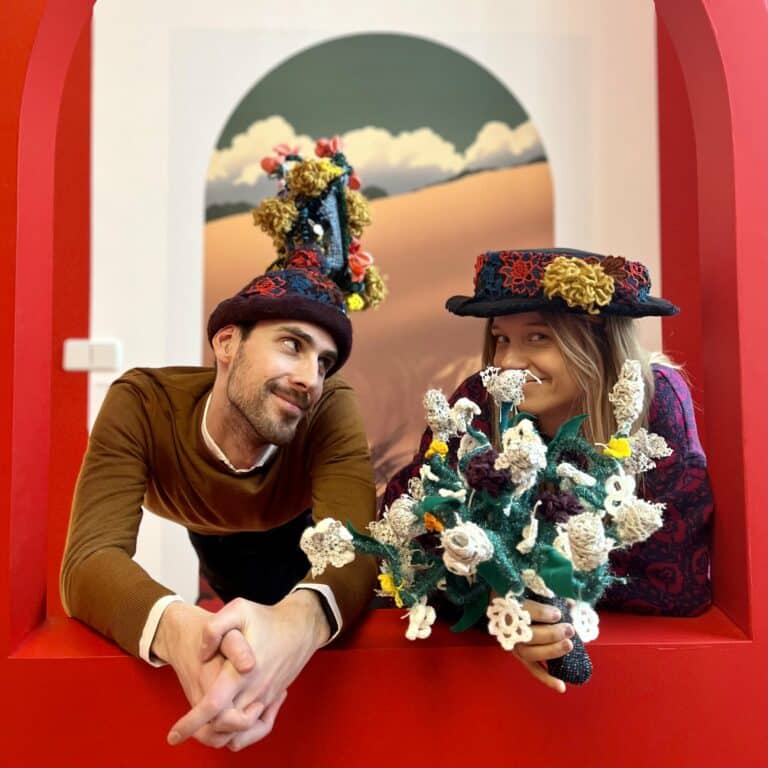Longevity: An evolutionary journey, not a revolution
Health and longevity aren’t about revolutionary changes but are the result of small, everyday choices that accumulate over time, yielding significant results. Instead of drastic shifts, it’s wiser to embrace a steady evolution of your lifestyle. In the long run, these small decisions shape our future and can greatly improve the quality of life, maintaining health and vitality for years to come.
Meditation and mindful breathing – your daily calm
You don’t need to make drastic changes to gain control over stress. As research published in JAMA Internal Medicine shows, daily meditation or mindful breathing can significantly reduce cortisol levels—the stress hormone that negatively impacts the heart and immune system. Just 10 minutes a day can improve stress resilience, lower blood pressure, and strengthen the heart. This practice can easily become part of your morning routine, a workday break, or an evening wind-down ritual.
Moderate physical activity – the key to balance
You don’t need to be a marathon runner to reap the benefits of regular physical activity. Research published in the British Journal of Sports Medicine confirms that moderate exercise, such as a daily walk, swimming, or yoga, significantly reduces the risk of heart disease and cancer. The key is not to overdo it—excessive exercise can lead to the production of free radicals, which paradoxically can weaken the body. Instead of extreme challenges, choose an activity that brings you joy and integrate it into your daily routine.
A balanced diet – plants, healthy fats, and a personalized approach
Your diet has a profound impact on your health. Research published in the New England Journal of Medicine shows that the Mediterranean diet, rich in vegetables, nuts, olive oil, and fatty fish, can reduce the risk of cardiovascular disease by up to 30%. Omega-3s, found in fish like salmon, effectively reduce inflammation—a key factor in the aging process. However, every body is different, which is why it’s crucial to adopt a personalized approach to diet based on blood tests, microbiome analysis, or nutrigenomic results.
Sleep – regeneration that shapes brain health
One of the fundamental pillars of health is sleep. As studies published in Sleep Medicine Reviews show, 7-8 hours of sleep each night not only rejuvenates the body but also supports brain health and enhances cognitive abilities. Regular, quality sleep reduces the risk of neurodegenerative diseases such as Alzheimer’s. To improve sleep quality, it’s essential to adopt healthy sleep habits, such as avoiding screens an hour before bed and maintaining a regular sleep schedule.
Regular preventive screenings – an investment in longevity
We live in an era of prevention, where early detection of health issues can save lives. Research published in the American Journal of Preventive Medicine confirms that regularly monitoring key parameters like cholesterol, glucose, and blood pressure helps detect health problems in their early stages. This allows for intervention before chronic diseases develop. Prevention is an investment in a healthy future—through regular screenings, we can better understand our bodies and act proactively.
The power of social connections – emotional support and health
Longevity isn’t achievable without strong social bonds. As shown in studies conducted by Harvard University, individuals with strong relationships tend to live longer and enjoy better mental health. Connection with family, friends, and the community lowers stress, supporting heart health and the immune system. It’s worth nurturing these relationships because they provide meaning to daily challenges and help maintain a healthy mental balance.
Joy in the process – the key to longevity
Finally, the most important part: enjoy the process of taking care of your health. Each change in daily habits should bring joy and motivate further self-care. Longevity doesn’t mean giving up pleasures—it’s the art of finding them in healthy habits. Embrace the philosophy of evolution rather than revolution, and you’ll notice that health and well-being will accompany you every day.







